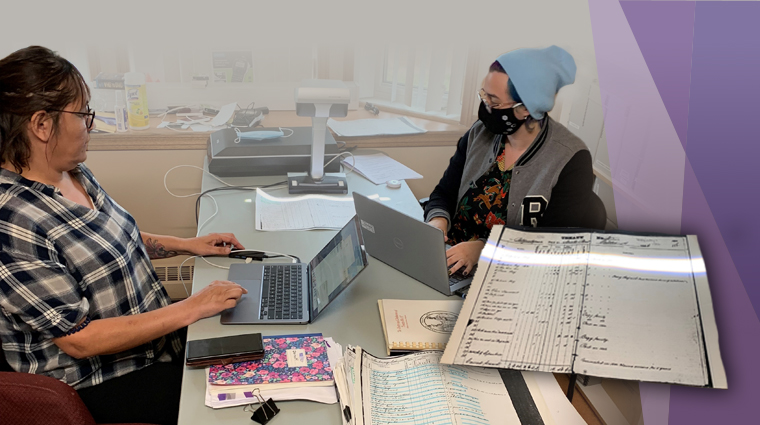Saskatchewan Polytechnic is looking to help First Nations and smaller communities digitize their historical records.
To do this the post secondary institution has created a digital tool kit, which is now available online. The kit provides important information about best practices, archival theory and other relevant information about the process.
Chasity Berast, an instructor and program head at Sask. Polytech, explained the kit, which has been available to the public since September, was developed in collaboration with Muskeg Lake Cree Nation.
Berast said the ball got rolling when the First Nation got in contact with them about getting their archives digitized and the idea for the tool kit grew from there.
“After some more thought rather than just sending one or two students out there to archive their records, we thought we could collaborate with Muskeg Lake Cree Nation to create a digitization tool kit,” she said.
Preserving Indigenous history and records is of growing importance. To support this important task #SaskPolytech, in collaboration with @MuskegLake, has created a toolkit to help First Nations and rural communities create a digital archive. https://t.co/40dr2DKijl pic.twitter.com/iY96dWy6FF
— SaskPolytech (@SaskPolytech) February 16, 2022
Creating the digitization tool kit while working with Muskeg Lake to do the same work in their archives provided a real opportunity, as those working on the project got the chance to test best practices in real time.
Overall when it comes to digitizing archives, Berast said making historical materials available online is valuable to people for a range of reasons. Some of the biggest being the educational opportunities provided by the materials being more widely available.
“Community members are able to learn more about their families and their histories,” she said.
Berast said they were not able to get together with any elders to digitize any oral histories during the process. However, she explained the tool kit does offer advice about the best ways to go about digitizing those stories so they can be preserved.
“What we were able to do is come up with recommendations for equipment as well as best practices for people to take audio recordings of oral histories and be able to digitize those, to be able to keep them and store them into the future,” she said.
Since the digital tool kit became available to the public Berast said they have had people reach out to them about it but added she is not aware of anyone actively using it.
Going forward Berast said work is underway to make the large amount of materials which are part of the tool kit more user friendly and accessible to the general public.
“We’re working with two other students with the business information systems program at Sask. Polytech who are going to be developing the tool kit into a more user friendly tool kit and hopefully that will be able to make it more accessible,” she said.
(Photo Courtesy of Saskatchewan Polytechnic Twitter)
